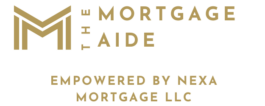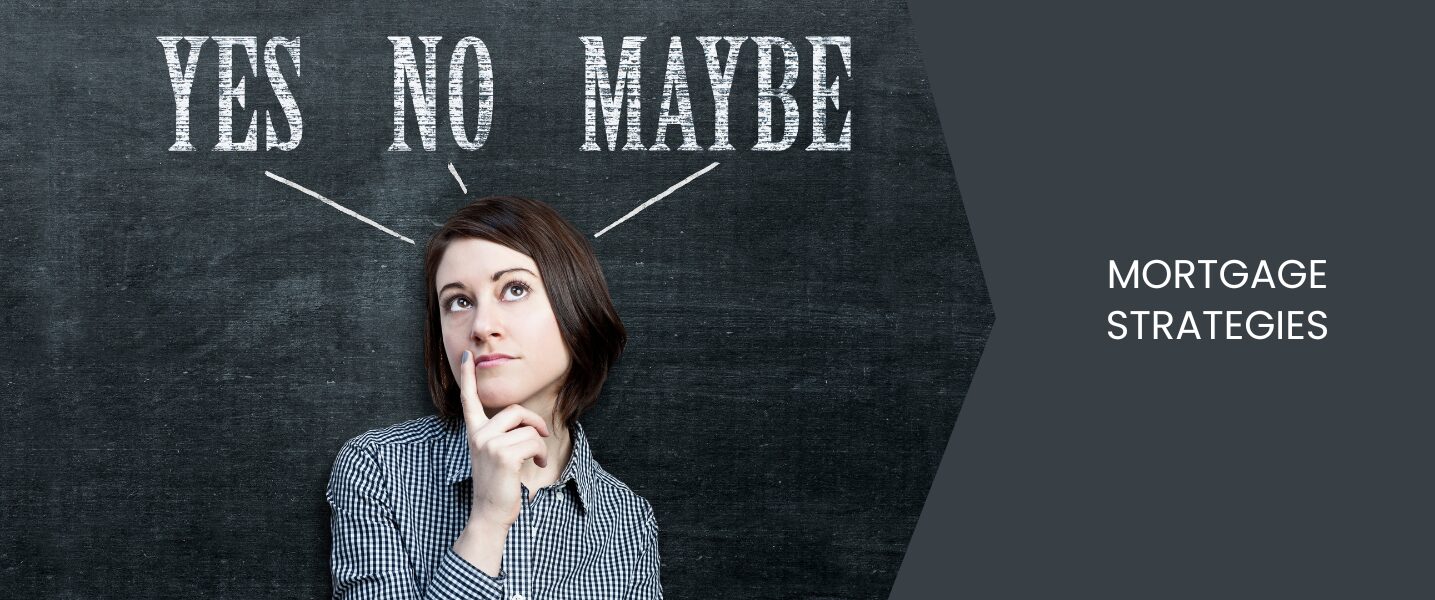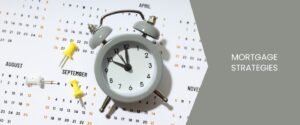Pros of Paying Off Your Mortgage Early
Save on Interest
The biggest advantage is reducing the amount of interest you’ll pay over the life of the loan. Even small extra payments can shave years off your mortgage and save you thousands in interest.Peace of Mind
Owning your home outright gives a sense of financial security. Without a mortgage payment hanging over your head, you’ll have fewer monthly obligations and more freedom to allocate your money elsewhere.More Cash Flow in Retirement
Eliminating a mortgage before retirement means your monthly expenses will drop significantly. This can be a game-changer for those on a fixed income, allowing more breathing room in your budget.
Cons of Paying Off Your Mortgage Early
Tied-Up Capital
Once you pay off your mortgage, that money is locked into your home. While you build equity, it’s not easily accessible without selling or taking out another loan, such as a HELOC.Loss of Potential Investment Returns
Mortgage interest rates are often lower than the potential returns from investing in the stock market or other vehicles. If you put extra money toward your mortgage instead of investing, you could miss out on higher long-term gains.Missed Tax Deductions
For those who itemize deductions, mortgage interest can offer a tax break. Paying off your mortgage early may reduce or eliminate this benefit, potentially increasing your taxable income.
Smart Alternatives to Paying Off Your Mortgage Early
If you’re not sure whether paying off your mortgage early is the best move, consider these alternatives that balance paying down debt with growing wealth.
- Make Extra Payments Toward Principal
You don’t have to pay off your mortgage entirely to save on interest. Making small, additional payments toward the principal can shorten the loan term and reduce overall interest without committing all your extra cash. - Invest for Higher Returns
If your mortgage has a low interest rate, consider investing the extra money instead. Over the long term, a diversified investment portfolio could potentially outpace the interest savings you’d get from paying off your mortgage. - Build an Emergency Fund
Before making extra payments, ensure you have a solid emergency fund. Having 3-6 months of living expenses in a liquid account can prevent financial stress in case of unexpected events. - Max Out Retirement Contributions
If you’re not already maxing out your 401(k) or IRA, prioritize contributing to those accounts. These investments not only grow tax-advantaged but may also include employer matches—essentially free money. - Consider a HELOC for Flexibility
If you like the idea of paying off your mortgage but want to maintain access to your equity, a Home Equity Line of Credit (HELOC) can provide a safety net. You can pay off the mortgage but still tap into your home’s equity if needed.
When Paying Off Early Might Be a Good Idea
- You’re close to retirement and want to eliminate debt.
- You have no high-interest debt (like credit cards) and have maxed out other investment opportunities.
- You value peace of mind and prefer guaranteed savings over potential investment returns.
When You Might Want to Hold Off
- Your mortgage interest rate is low, and you can earn a higher return by investing.
- You’re still building an emergency fund or paying off higher-interest debts.
- You need to prioritize other financial goals, like saving for college or retirement.
Final Thoughts: What’s Right for You?
Paying off your mortgage early can be a great goal, but it’s not always the best financial decision for everyone. Consider your overall financial picture, future goals, and personal comfort level with debt. Whether you decide to pay off early, invest, or explore a hybrid approach, the key is to make an informed decision that aligns with your long-term financial success.




